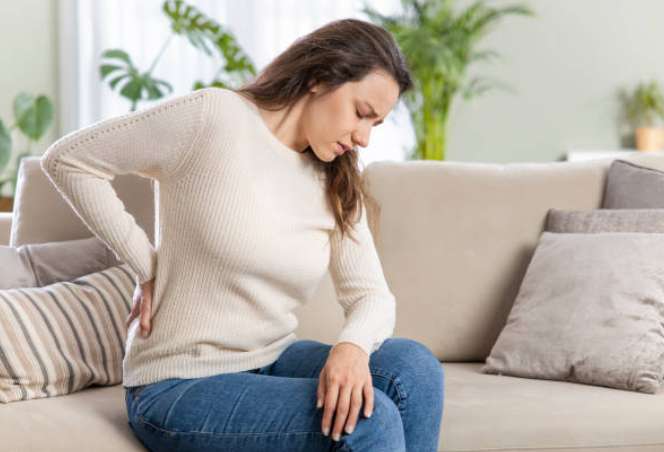We have all experience some level of muscle tightness especially after an exercise session. You might be wondering why do my muscles feel so tight after work or the next morning after the gym? In this blog, we are going to explore the main reasons why your muscles feel tight and the common myth that are often used to explain tightness.
The common myth we hear countless times is that muscle tightness is due to the muscle being in a shortened position or the muscle tissue becoming a rigid state. Research have shown that people with increase pain in the trapezius (upper neck muscle) is not linked to the muscle being hardened state. The research highlighted that the painful spots in the trapezius were actually softer. It is important to note that the feeling of tightness is not the same as the area being physically tight. I have seen patients who complain about hamstring tightness but they can touch their hands on the floor. I also have patients who don’t complain about any stiffness and can barely reach their hands to their knees. As a result, muscle stiffness is just an unpleasant subjective experience due to stress, lack of blood flow and/or muscle weakness.
What are the causes of stiffness/tightness?
Prolonged posture: We often experience muscle stiffness when we have to sustained certain positions for a long period of time. Think about your typical officer worker, the person that sits at a desk to do their work. This can lead to a lack of blood flow to the affected area which can cause the sensation of tightness. This is when your body is signaling to you that it wants to move or change position. Our body loves movement, so the next time you start feeling a bit of tightness at your desk then stand up go for a bit of a walk and your body will thank you for it.
Muscle weakness: This is common with people who experience chronic stiffness. When a specific muscle in your body is weak then it will always have to work extra hard to perform it’s job. For example, if you experience chronic hamstring tightness especially after workout then it is possible you may have weak hamstrings. You may find that stretching your hamstrings provide you with a bit of relief however this does not solve the problem. The muscle is still weak and will constantly be overloaded the next time you work out. Resistance strengthening exercise will be the key to get rid of your chronic stiffness.
Lifestyle factors: It is important that we also address our lifestyle factors that include general health, stress, sleep, emotional wellbeing which all lead to increase sensitivity to the affected area. To decrease sensitivity to the area, it is crucial the improve our overall fitness, strength and health. A physiotherapist will be able to give you movement based self-management and relaxation strategies for help address these lifestyle factors.
A Myphysio physiotherapist will be able to identify the muscles that are contributing to your experience of stiffness and provide you with the appropriate rehabilitation program to help you feel loose so you can enjoy what life has to offer. Book an appointment today to see one of our friendly physiotherapists. You can also follow us on Instagram to stay updated on the latest physiotherapy content.
References:
Andersen H, Ge HY, Arendt-Nielsen L, Danneskiold-Samsøe B, Graven-Nielsen T. Increased trapezius pain sensitivity is not associated with increased tissue hardness. J Pain. 2010;11(5):491-499. doi:10.1016/j.jpain.2009.09.017
Stanton, T.R., Moseley, G.L., Wong, A.Y.L. et al. Feeling stiffness in the back: a protective perceptual inference in chronic back pain. Sci Rep 7, 9681 (2017). https://doi.org/10.1038/s41598-017-09429-1

